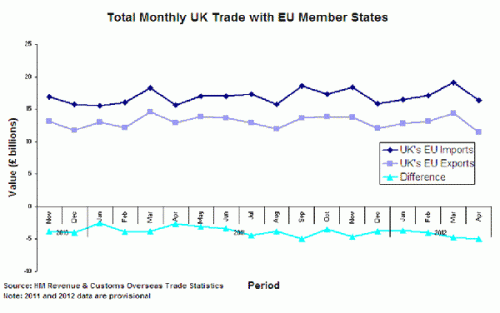Keynes was one of the great economists of the twentieth century. Even his critics would have to admit he had a certain turn of phrase and wit. These are some of his more memorable quotes
The long run is a misleading guide to current affairs. In the long run we are all dead. Economists set themselves too easy, too useless a task if in tempestuous seasons they can only tell us that when the storm is past the ocean is flat again.
A Tract on Monetary Reform (1923) Ch. 3.
“In truth, the gold standard is already a barbarous relic.”
– Monetary Reform (1924), p. 172
“If economists could manage to get themselves thought of as humble, competent people on a level with dentists, that would be splendid.”
– “The Future” Ch. 5, Essays in Persuasion (1931)
” There is no harm in being sometimes wrong — especially if one is promptly found out.”
– Essays in Biography (1933)
“The day is not far off when the economic problem will take the back seat where it belongs, and the arena of the heart and the head will be occupied or reoccupied, by our real problems — the problems of life and of human relations, of creation and behaviour and religion.”
– First Annual Report of the Arts Council (1945-1946)
“The book, as it stands, seems to me to be one of the most frightful muddles I have ever read, with scarcely a sound proposition in it beginning with page 45 [Hayek provided historical background up to page 45; after that came his theoretical model], and yet it remains a book of some interest, which is likely to leave its mark on the mind of the reader. It is an extraordinary example of how, starting with a mistake, a remorseless logician can end up in bedlam.”
– On Friedrich Hayek’s Prices and Production, in Collected Works, vol. XII, p. 252
” Education: the inculcation of the incomprehensible into the indifferent by the incompetent.”
As quoted in Infinite Riches: Gems from a Lifetime of Reading (1979) by Leo Calvin Rosten, p. 165
“When the facts change, I change my mind. What do you do, sir?”
– Reply to a criticism during the Great Depression of having changed his position on monetary policy, as quoted in Lost Prophets: An Insider’s History of the Modern Eonomists (1994) by Alfred L. Malabre, p. 220

